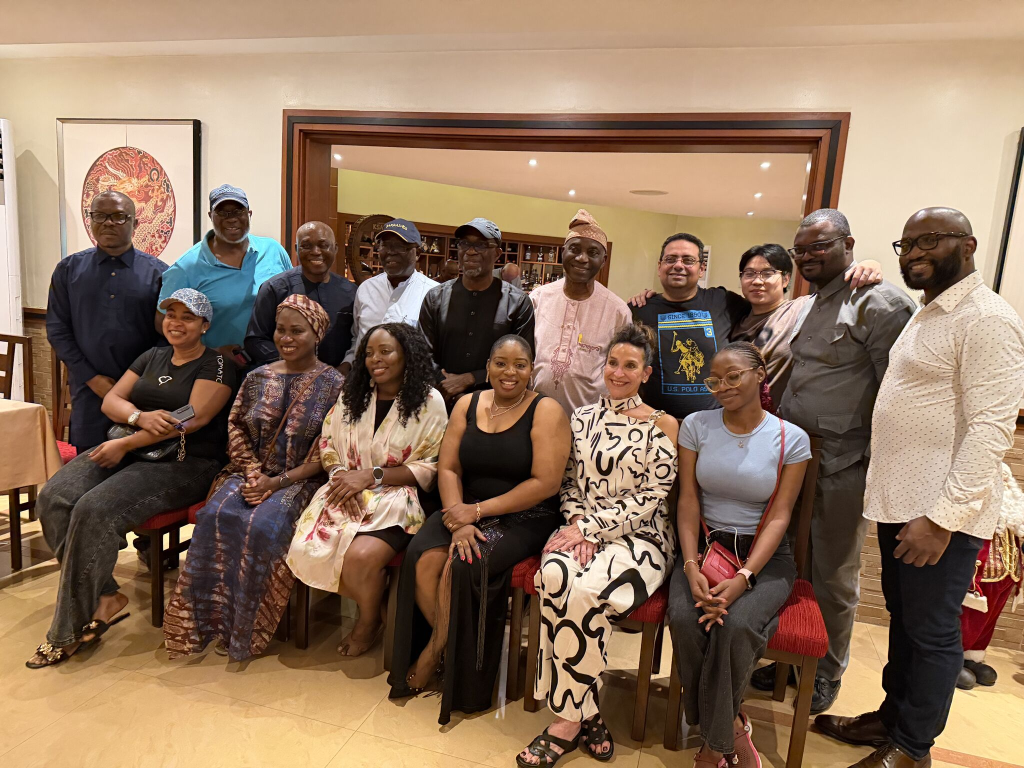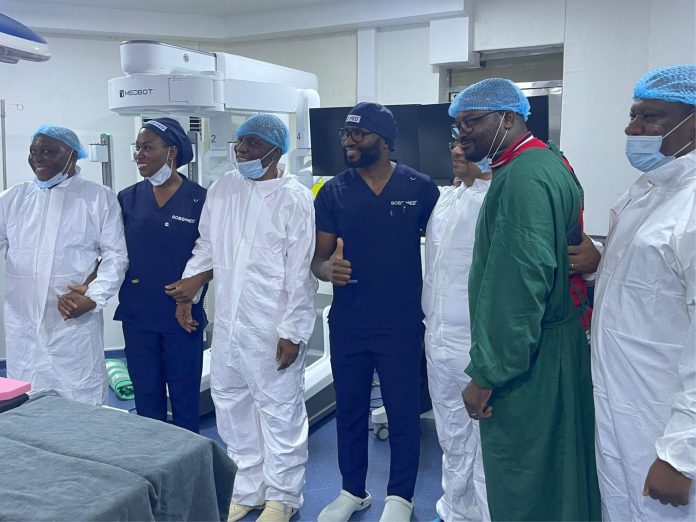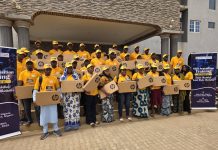Nigeria has recorded a major breakthrough in advanced medical care following the successful performance of the first robotic kidney removal surgery (robotic nephrectomy) in the country and across West Africa, as well as the first robotic prostate surgery (robotic prostatectomy) in Abuja.
The procedures were led by Nigerian-American surgeon Dr. Obi Davies Ekwenna, Associate Professor and Vice-Chair at the University of Toledo Department of Urology in the United States, in collaboration with a team of Nigerian and international medical professionals. The surgeries were carried out at NISA Premier Hospital using the newly installed Toumai robotic surgical system.
Dr. Ekwenna, the son of Nigerian immigrants, described the milestone as the most meaningful achievement of his medical career, saying it marked a turning point for access to advanced surgical care in Africa.

“Patients across Africa deserve the same standard of care available anywhere in the world. Access to robotic surgery cannot wait,” he said.
He credited the success of the procedures to the vision and leadership of Dr. Ibrahim Wada OON and partners at NISA Premier Hospital, as well as the dedication of local and international collaborators who supported the project from conception to execution.
The surgeon also acknowledged the role of his mentors in the United States, who he said provided critical guidance and professional support throughout his journey into robotic and transplant surgery.
Medical experts say the introduction of robotic-assisted surgery in Nigeria is expected to significantly improve outcomes for patients with complex kidney and prostate conditions, offering greater precision, reduced recovery time, and fewer complications when compared to traditional surgery.
Dr. Ekwenna emphasized that the achievement marks the beginning of a wider mission to expand access to robotic surgery across Africa.
“This is only the beginning. We will continue working to ensure that geography never determines a patient’s chances of survival or quality of care,” he said.
Health stakeholders have described the development as a major leap forward for Nigeria’s healthcare system and a promising signal for the future of specialized medical services in the region.








